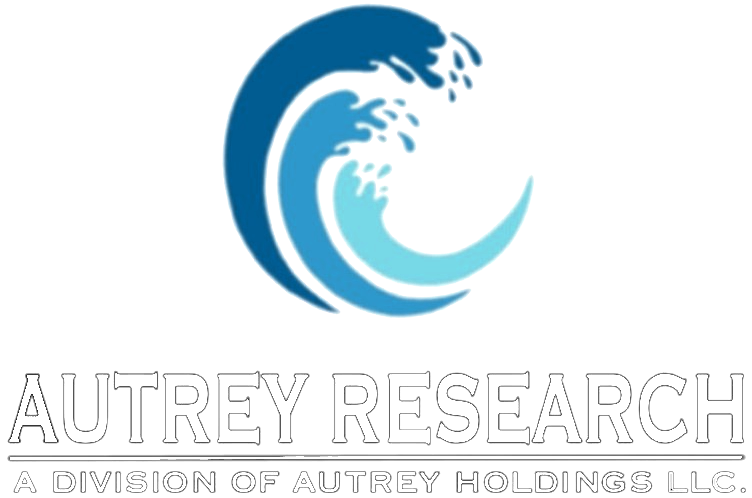The Plight of the Hummingbird
By Ron Autrey
July 14th, 2021
Once upon a time, I was young vibrant hummingbird. My abilities to dart, jump, and soar at supersonic speeds were unparalleled in the bird kingdom. Like most of my fellow hummingbirds, I was beautifully feathered with God given colors painted with divine artistry. The world was our flower and we bathed in the beautiful forests and natural gardens. Life as hummingbird was wonderful. As Grand Pollinators, we flew every day, garden to garden, flower to flower. We spread life and beauty and distributed life sustaining pollen to thousands of different floral settings.
As the human population developed and expanded. They removed forests and built homes. They planted gardens and grew new flowers. Upon discovering our secret talents and beauty, they placed brightly colored replicas of flowering plants that hung from the trees and roof decks. We soon found out that the hard plastic flower replicas contained wonderfully sweet nectars. We swarmed the plastic bounty with abandon.
When the nectar was consumed, the humans refilled the troughs. Day after day the life for suburban hummingbirds became extremely easy. We could perch lazily and quietly on shaded tree limbs. We no longer needed to fly all day in search of flowers to feed our hunger. Our children were born into the same leisurely lifestyle. Flying all day was hard work, but there was no need for the exertion. Life giving nectars were provided in freely and in abundance by the humans.
As I aged, I realized that things had changed. The days of happily flying about and seeing new worlds were gone. With free sustenance, travel was no longer required. The grand pollinators had become spoiled by the freedom from work. Our children no longer knew about or understood the way things used to be. The happiness and satisfaction that came from a day of good flying and pollinating was gone forever.
With significant declines in pollination, the gardens became dull, and the colorful flowers were scarce. The young hummingbirds became bitter and angry and fought with each other over the plastic flowers and nectar provided by the humans. The decline in the quality of life in our hummingbird society was apparent and irreversible.
The once beautiful houses and gardens built by the humans were now old and crumbling. Some houses no longer filled the plastic reservoirs with lifesaving nectar. The infighting over the nectar became fierce. The larger stronger hummingbirds often prevailed over the weak. Birds were dying at a younger age. The animals that used to frequent the gardens were gone.
The young hummingbirds did not know how to hunt for new gardens. The number of gardens had also decreased. They were replaced by tall concrete towers filled with people. There are no surrounding trees for shade from the blistering sun. The flora and fauna that we once knew was rapidly fading away.
Several of the stronger birds tried to teach the others and show them the way to hunt for flowers. Some of them were phenomenally successful, but they did not return to show the others the way to a new life. As time passed, the society of grand pollinators was split into three groups: Those that had nothing and lacked the skills to survive on their own, those that worked hard every day to provide for their clan, and those over privileged hummingbirds that were protected by humans that still had the fine houses and gardens.
Looking back on the past good years, I now realize that we thrived on hard work and the bounty our group and personal efforts brought to the society of grand pollinators. We were happy and filling our role in the divine design of our avian universe. The introduction of food without work, as delightful as it seemed, was the downfall of our world.
Perhaps some will survive and know of the lessons we learned. As easily as a generation of young birds were led astray, we may be able to teach the next generation of grand pollinators, their true purpose in life. The lesson for future pollinators must be that If the humans can provide all that we want, they can just as easily take away all that we need.



